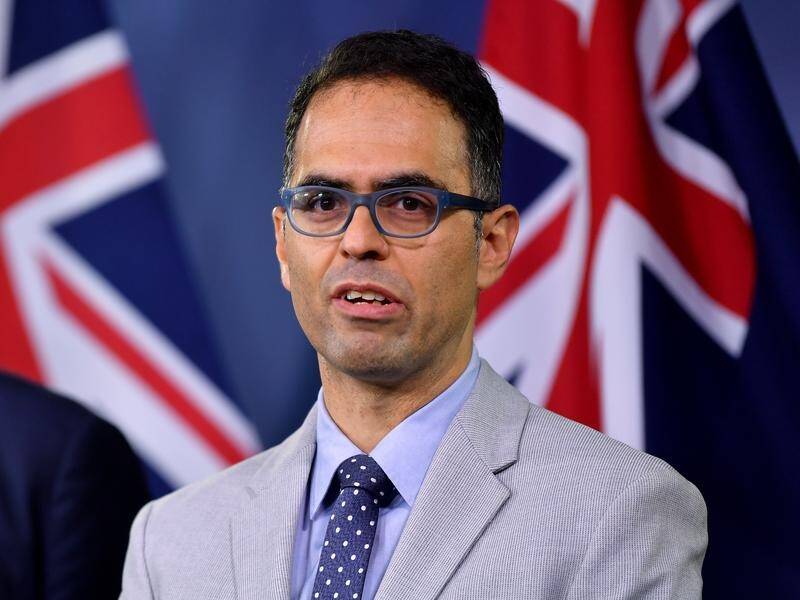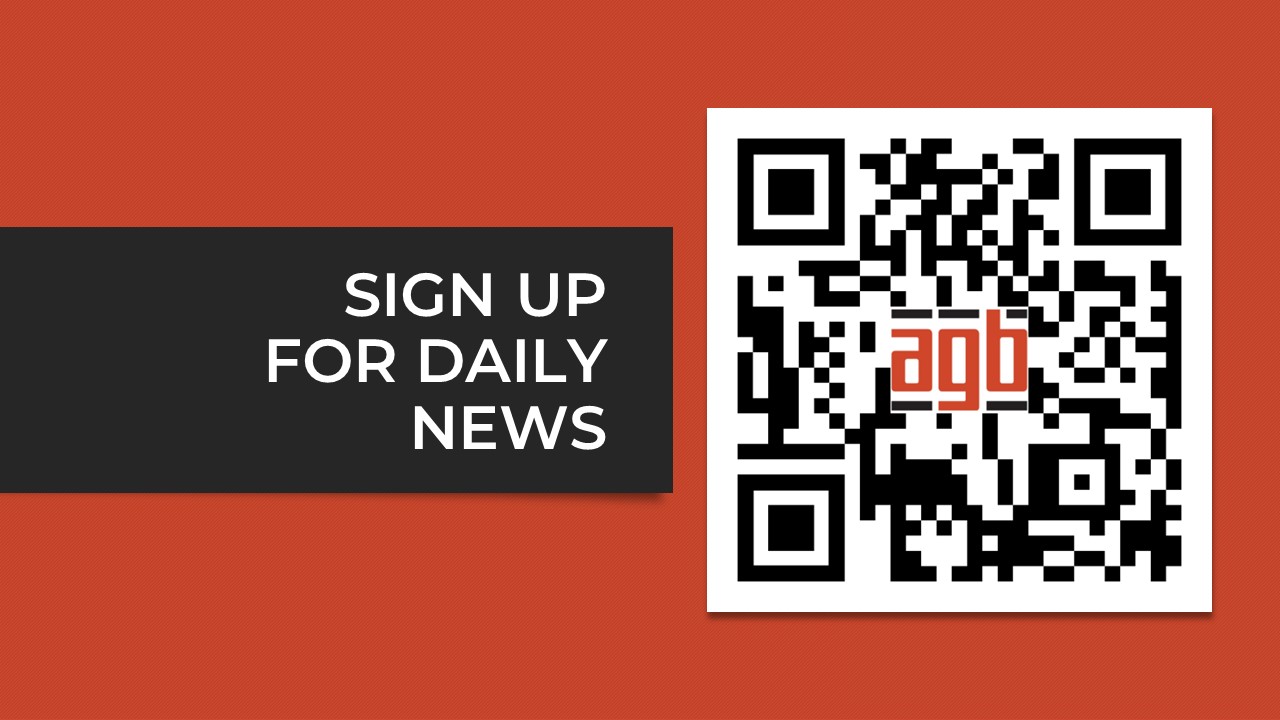The New South Wales (NSW) government is contemplating raising the statewide betting tax from 15 percent to 20 percent, prompted by a proposal from industry leader Tabcorp.

This potential increase could significantly impact corporate bookmakers such as Sportsbet and Ladbrokes.
Treasurer Daniel Mookhey, as reported by local media, The Sydney Morning Herald, on Friday, stated that the government is reviewing the possibility of increasing the point of consumption tax to match Queensland and the ACT, with consultations planned before any final decision.
Mookhey emphasized that gambling companies must contribute their fair share. He stated that the NSW government would closely examine Tabcorp’s proposal and would implement changes if they clearly benefit the public.
The point of consumption tax (POCT) was introduced in 2019 to require corporate bookmakers to pay taxes to the state where a bet is placed, rather than where the bookmaker is registered.

Tabcorp, the sole wagering company registered in every state, has advocated for the concept, citing the unequal tax landscape across the wagering sector. Unlike most corporate bookmakers like Sportsbet and Ladbrokes, which are registered in the Northern Territory and benefit from lower betting taxes in states such as NSW, Tabcorp has highlighted disparities in taxation.
Additionally, Tabcorp holds the exclusive NSW retail betting license, allowing it to operate the state’s totalisator and maintain sponsorship exclusivity at thoroughbred racecourses.
Tabcorp stated that the tax increase would create a level playing field and modernize retail exclusivity.
In a statement to the ASX, Tabcorp commented, ‘This is a positive step towards ensuring the sustainability of the NSW racing industry.’
Tabcorp has proposed not only increasing the betting tax but also reforming legislative and licensing requirements for wagering. This includes revisiting agreements with the racing industry and the 10 percent shareholder cap. Additionally, it addresses the findings and recommendations from the Hospitality and Racing’s Modernisation Review of the Totalizator Act.
Over the past three years, annual turnover in the wagering industry has declined by 12 to 16 percent, with a notable drop in Queensland following the increase of its betting tax to 20 percent in late 2022.
Barni Evans, CEO of Sportsbet, expressed concerns that the proposal could favor Tabcorp at the expense of industry sustainability.
Sportsbet, Australia’s largest bookmaker, currently contributes over AU$300 million ($198 million) in taxes, levies, and fees in NSW under the current tax framework. Nationally, it pays AU$1.2 billion (794 million) annually to governments and sporting bodies in taxes and fees.

Evans emphasized the need for a funding model that supports industry sustainability without favoring any one stakeholder and expressed readiness to discuss the issue further.
Highlighting the decline in Queensland racing revenue due to recent tax increases, Evans cautioned against similar measures in other states, fearing they could worsen financial setbacks.
Evans underscored that racing’s future hinges on increasing wagering turnover, which has been declining for the past 18 months, and warned that higher taxes, as observed in Queensland, would not spur growth in the industry.












